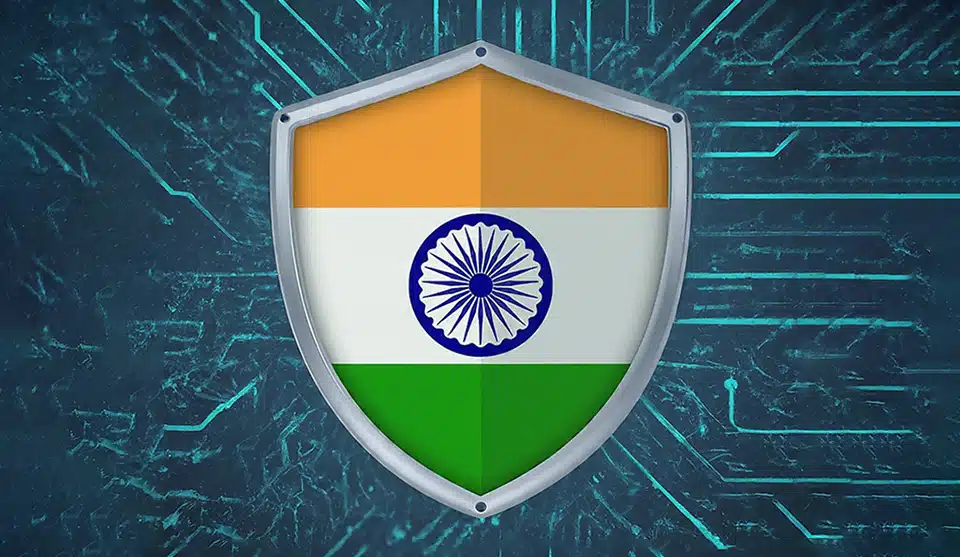The NSCS, India’s top authority on cybersecurity and national security, is overseen by PM Narendra Modi with NSA Ajit Doval as its secretary. As the highest tier in India's three-level security framework, the NSCS includes four key branches: Strategic Planning, Internal Affairs, Intelligence and Technology, and Military. Recently, an Additional National Security Advisor was appointed to strengthen NSCS’s role in addressing rising cybersecurity threats.
Alongside supporting the National Security Adviser, who advises both the Prime Minister and the National Security Council, the PM-led NSCS is responsible for coordinating and directing cybersecurity strategies. In a survey released on October 22, Symantec Corp., an online security firm, ranked India among the top five countries most affected by cybercrime.
Is India's Cybersecurity Facing Increased Threats?
In the first quarter of 2022, India faced 18 million cyberattacks and nearly 200,000 threats daily, underscoring the urgent need for robust cybersecurity measures. These incidents have significantly impacted the country financially, with the average data breach costing ₹17.5 crores (approximately $2.2 million). Major cyber threats in India include ransomware attacks on healthcare, scams, cloud security issues, and vulnerabilities in the Internet of Things (IoT).
In addition to existing cybersecurity challenges, India faces threats from deepfake videos, bitcoin theft, and weaknesses in the software supply chain. The NSCS has been assigned the responsibility of devising strategies to combat these risks, in close collaboration with the appropriate ministries.
The NSCS's Role in Strengthening India’s Cybersecurity
The National Security Council Secretariat (NSCS) serves as India's highest authority on all matters of internal and external security, with a key focus on cybersecurity. The NSCS plays a crucial role in shaping India's cybersecurity policy by facilitating collaboration among various government departments. To ensure a unified approach, the NSCS coordinates closely with the Ministries of Home Affairs, IT, and Telecom, each tasked with specific cybersecurity responsibilities. The Ministry of IT ensures the protection of digital infrastructure, while the Ministry of Telecom oversees the security of communication networks and advocates for safe digital practices. The Ministry of Home Affairs, in the meantime, is responsible for addressing cyber threats that pose risks to national and internal security. Together, these efforts aim to reinforce India’s cybersecurity infrastructure and prevent emerging threats, aligning with the NSCS's broader strategic goals.
Established in the late 1990s, the National Security Council Secretariat (NSCS) serves as the secretariat to the National Security Council (NSC), India's highest advisory body on national and international security matters. The NSCS is led by the National Security Advisor (NSA), who also holds the position of NSC Secretary, offering strategic direction and ensuring that national security ministries are equipped to manage potential threats. The role of Additional NSA (ANSA), although previously vacant, has recently been filled, aimed at improving and expediting the NSCS's functioning.

